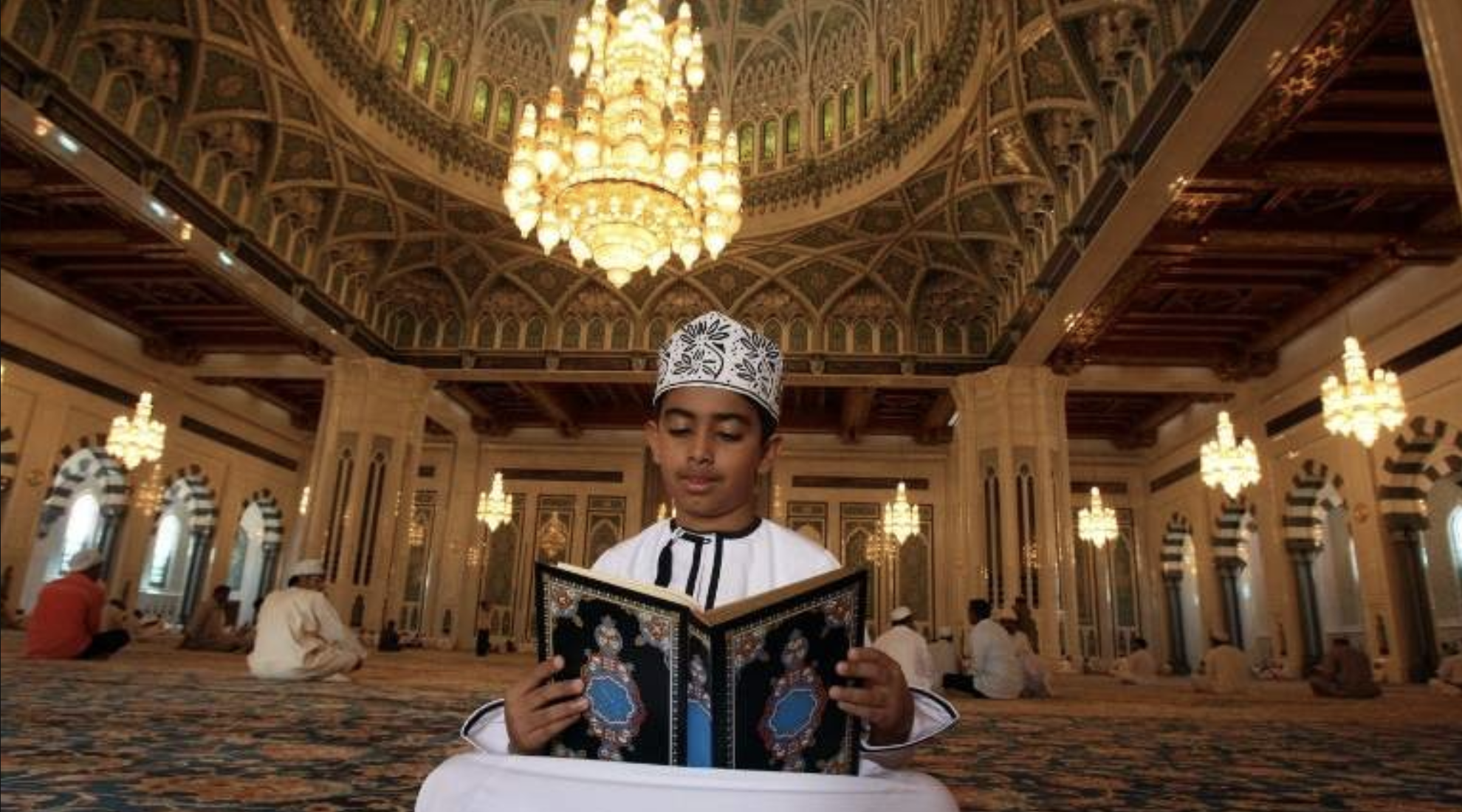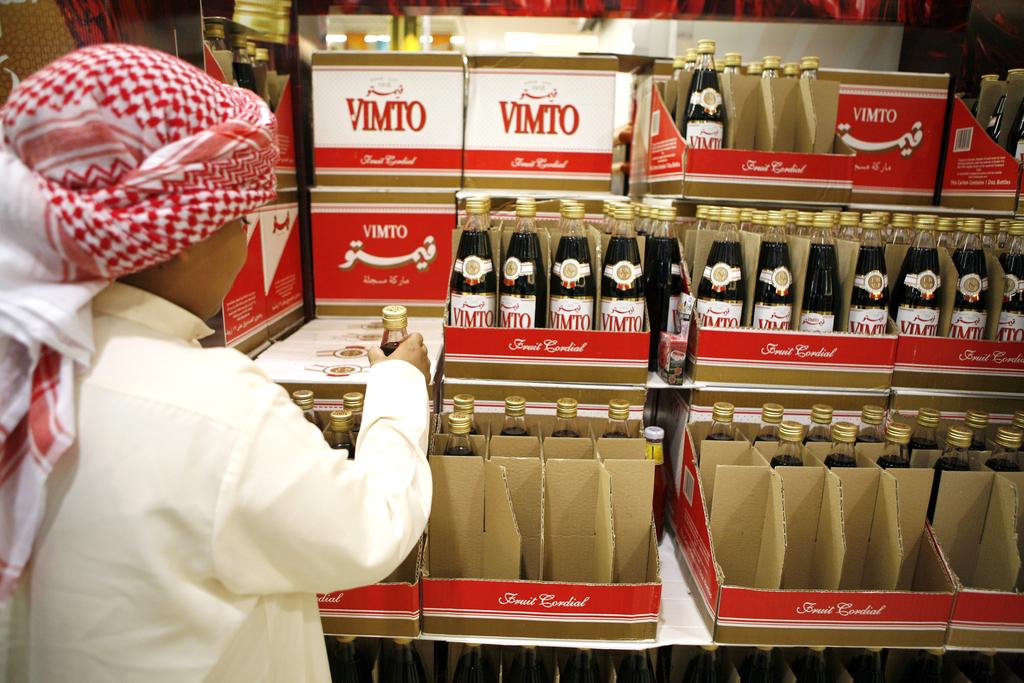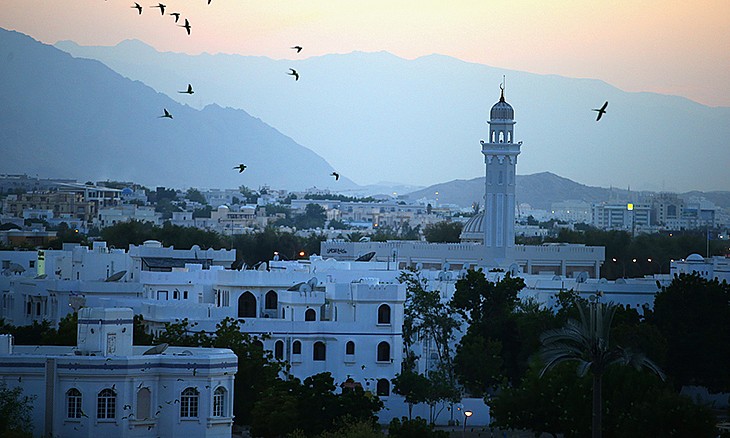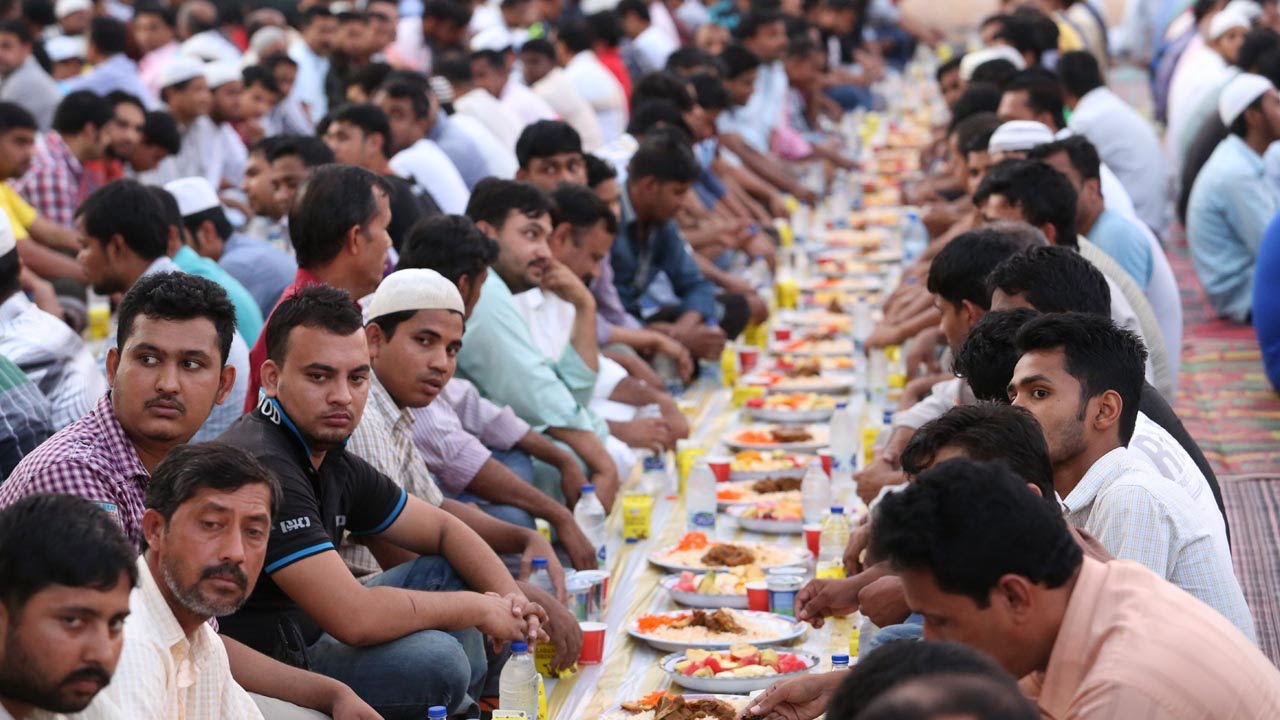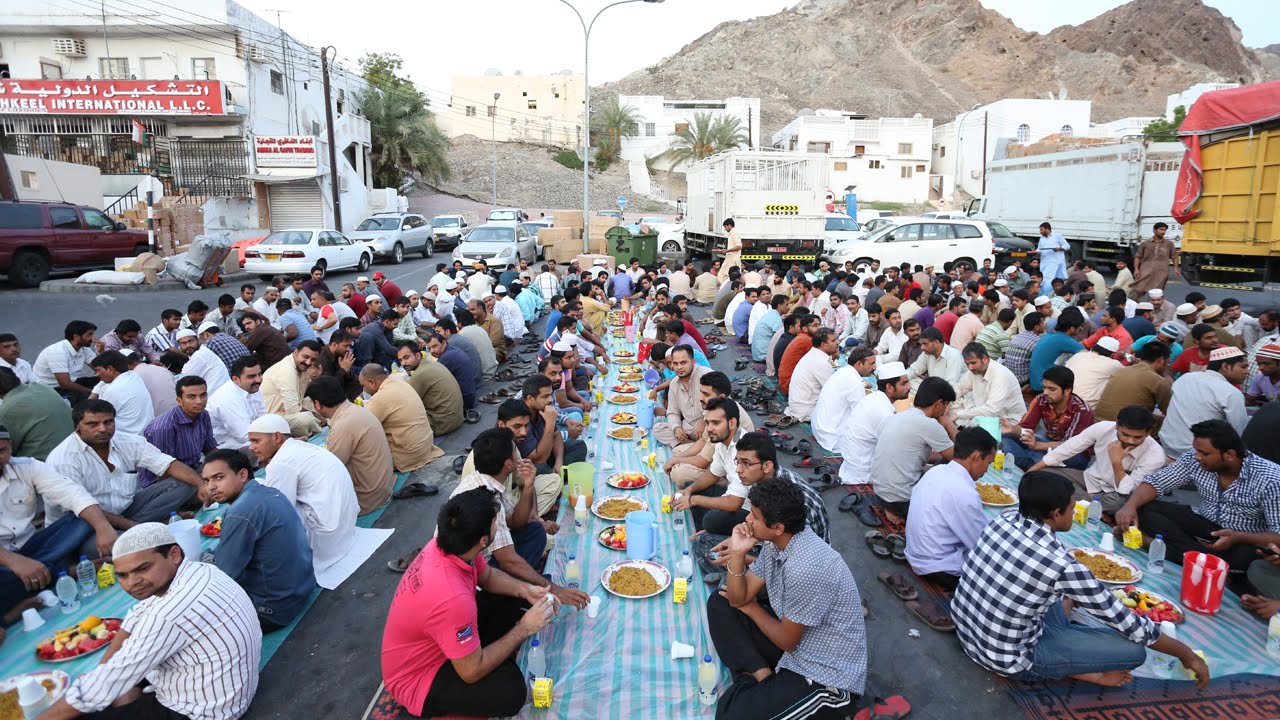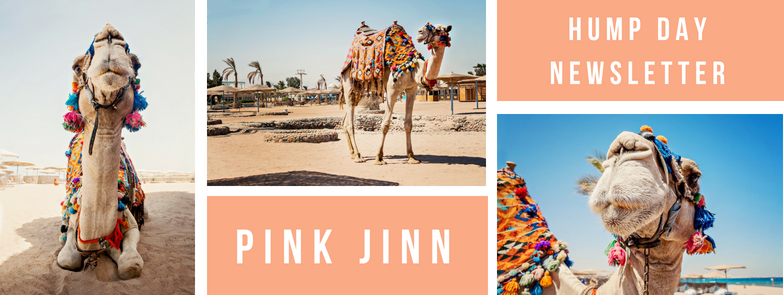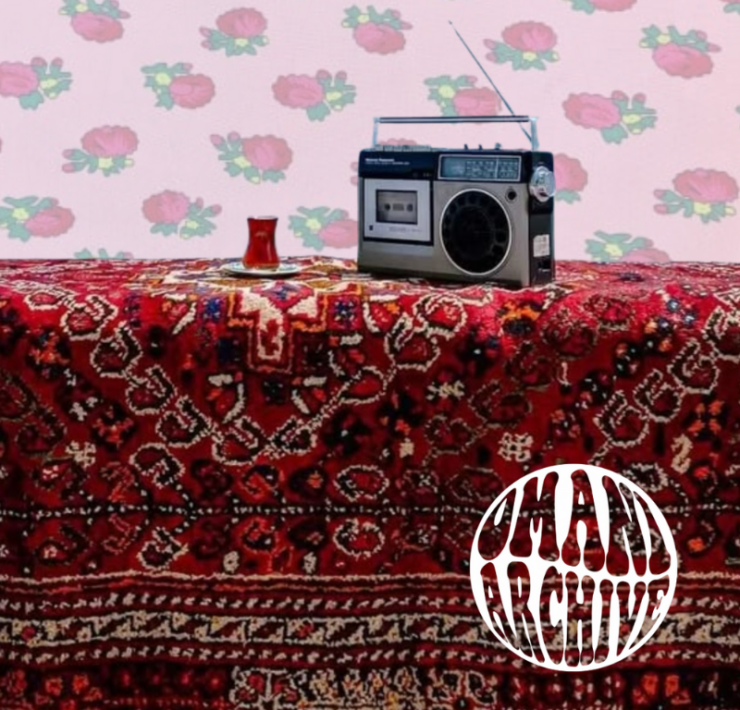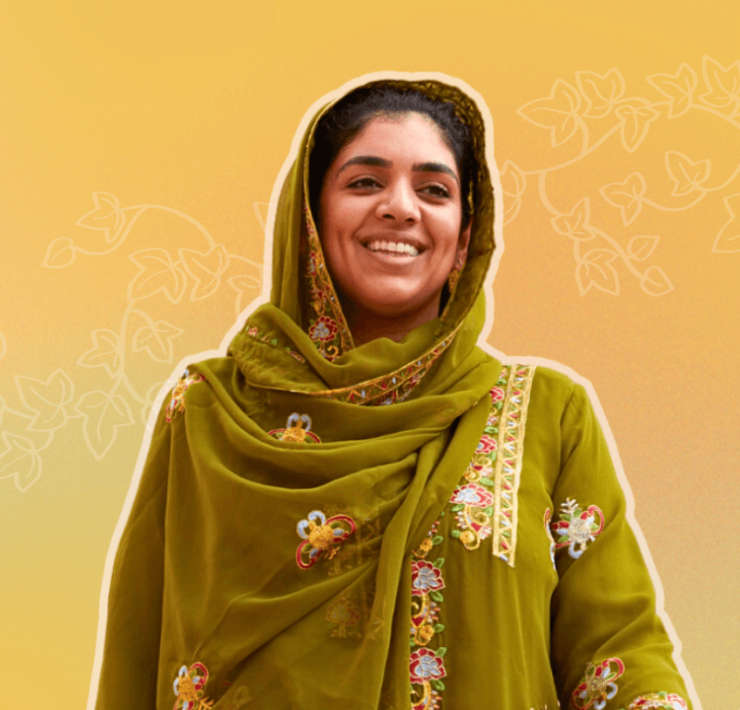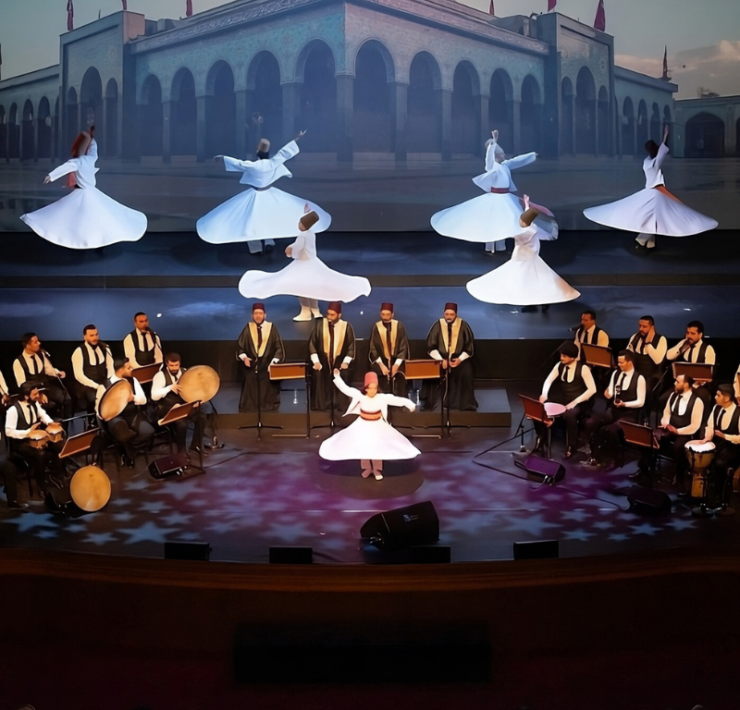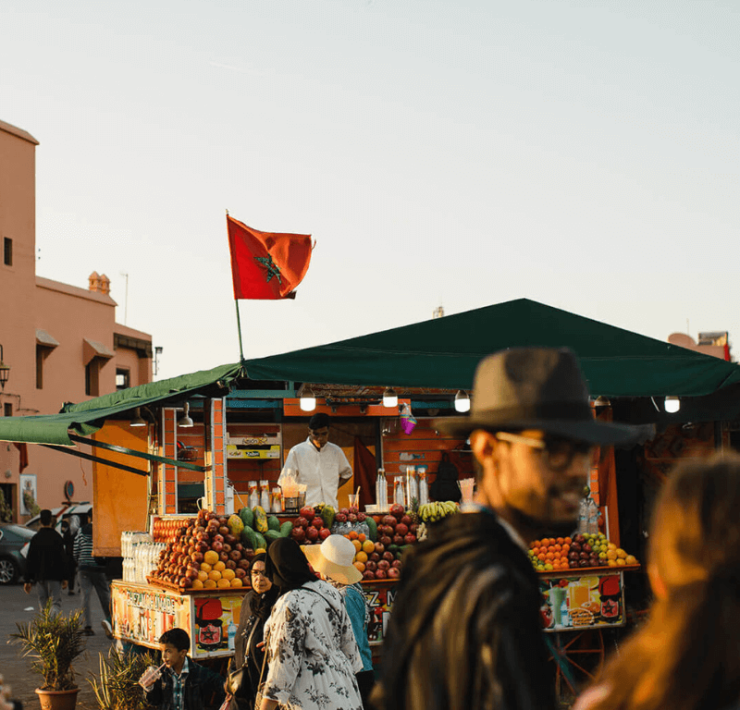By Tone Delin Indrelid
Yesterday was the first day of the Holy Month of Ramadan, the ninth month in the lunar calendar, here in Oman. Observing the Holy Month of Ramadan is one of the Five Pillars of Islam, and all mentally and physically fit adult Muslims are required to refrain from food, drink and sexual relations between sunrise and sunset throughout the month.
During the holy month of Ramadan, life in Oman slows down and some changes are seen. Working and opening hours are adjusted. Restaurants and food outlets either close during the day or serve food and drinks quietly, behind curtains or blacked out windows. Breaking the fast in public is illegal for Muslims, and it is considered very offensive for non-Muslims. Respectful dress code for non-Muslims is often more strictly enforced, and the roads, especially around Iftar, can be a challenge.
 An Omani boy reads the Quran in Sultan Qaboos Grand Mosque, Muscat (image: Khaleej Times)
An Omani boy reads the Quran in Sultan Qaboos Grand Mosque, Muscat (image: Khaleej Times)
As a non-Muslim expatriate resident, I am required to be respectful of my host country’s cultural and religious rules and adjust my behaviour accordingly. I am not required to adjust my attitude – but I see no reason not to do so. I didn’t leave my home country to discover the diversity of the world through a narrow mindset. Opening your mind to other peoples’ ways of life and attempting to understand cultural contexts can change your perspective and the way you see yourself and others.
Here’s what embracing and learning about Ramadan has taught me:
Embrace the mood
No water during the day when outside temperatures soar around 40 degrees Celsius is not for the faint hearted. It is easy to think of fasting as ‘something they have to do’ – something you don’t understand, a burden that can’t possibly be positive.
However, in the weeks leading up to Ramadan, people get increasingly excited. The Holy Month is anticipated with joy. Posters go up. Shops stock special foods; dates, nuts, dried apricots, special cakes and, curiously, the British cordial Vimto are piled high in my local Carrefour. Special events are planned, special dinners discussed.
 Supermarket shelves in the Gulf are piled high with Vimto during the Holy Month (image: The National)
Supermarket shelves in the Gulf are piled high with Vimto during the Holy Month (image: The National)
I encourage you to embrace the mood as Ramadan draws close!
Self-Discipline and Spiritual Reflection
During Ramadan, one abstains from food and drink; but ideally, one also abstains from negative thoughts and behaviour such as gossip, backtalk, foul language, insults or blatant displays of anger. Perhaps we could all do with taking the time to think about our place in the world and our relationships to others; practicing self-discipline and working towards purity and kindness, in thoughts, words and actions?
 Muscat’s skyline (image: Time Out Dubai)
Muscat’s skyline (image: Time Out Dubai)
Connect with family and friends
During Ramadan, people often get together with friends and family, especially during the evenings. Practicing self-reflection as part of my Ramadan learning project last year, I realized that, as a family, we are incredibly busy – and not always in a good way. Between work, school, sports and friends, homework and language lessons, we try so hard to be everywhere and do everything. There isn’t always room, or energy, for just hanging out with the people we love.
I made the decision to embrace slowing down. I took the children out of activities, cancelled several of my own commitments, and found that we benefited enormously. We found time to be together during Ramadan; to talk, to play board games and watch silly movies, to laugh, and to see friends at home.
Iftar
While Suhoor is eaten before sunrise and the start of the fast, Iftar breaks the fast at sunset. As a Non-Muslim, one of the highlights of Ramadan is being able to partake in the amazing Iftar buffets hosted by various restaurants and hotels around Muscat, but also by some schools and companies. Indeed, Ramadan is possibly one of the best times of the year to learn about and enjoy local cuisine!
 A public Iftar in Oman (image: Times of Oman)
A public Iftar in Oman (image: Times of Oman)
Sympathise and give if you are able
Charitable donations tend to increase during Ramadan – people donate to organisations, or they give directly to those in need. Being aware of how privileged I am in a world of immense difference is incredibly important to me, and giving to those who are less fortunate is certainly not something that is for Muslims only.
Several charities in Oman, for example Dar al Atta’a or Oman Charitable Organisation, organise Ramadan collections. Dar al Atta’a, according to a recent Times of Oman article, will provide Iftar meals for 300 people each day this Ramadan.
To make it easy to give, the Information Technology Authority in association with Ministry of Social Development launched a Donation Portal in 2009. According to their website, “ … Donations Portal processes donations through bank cards issued in Oman and currently doesn’t accept donations through any other cards. The portal can be effectively used by Omani Citizens / Residents who have account in Omani banks will be able to make Donation online.”
Traveling the world, for me, is all about meeting others with curiosity, respect for diversity and an open mind; and learning about cultural processes on their own terms. Embracing Ramadan in Oman has taught me that it’s a month for fasting, sure, but it is so much more, too.
Ramadan Kareem, everyone.
 Iftar at Mutrah Souq (image: Times of Oman)
Iftar at Mutrah Souq (image: Times of Oman)
 Tone Delin Indrelid is an anthropologist, always aiming to experience and engage with the world through curiosity, respect and an open mind. She was born and raised in Norway, but has lived overseas for the past 15 years. Her longstanding love-affair with Oman started with her master’s dissertation, based on fieldwork in Muscat. She has since lived in Syria and on Malaysian Borneo with her family, and is now back in Oman where she raises her three global nomads, explores the country and writes.
Tone Delin Indrelid is an anthropologist, always aiming to experience and engage with the world through curiosity, respect and an open mind. She was born and raised in Norway, but has lived overseas for the past 15 years. Her longstanding love-affair with Oman started with her master’s dissertation, based on fieldwork in Muscat. She has since lived in Syria and on Malaysian Borneo with her family, and is now back in Oman where she raises her three global nomads, explores the country and writes.
You can read Tone’s work at The Other Trail, www.theothertrail.me or The Turban Times, www.theturbantimes.com/tag/oman or connect with her via email tone@theturbantimes.com or on Instagram @theothertrail
IF YOU ENJOYED THIS, YOU MIGHT ALSO LIKE:
The Omani village that’s empowering women through entrepreneurship
4 photographers who will change your perception of Iran
The Daymaniyats: Arabian Island Paradise


